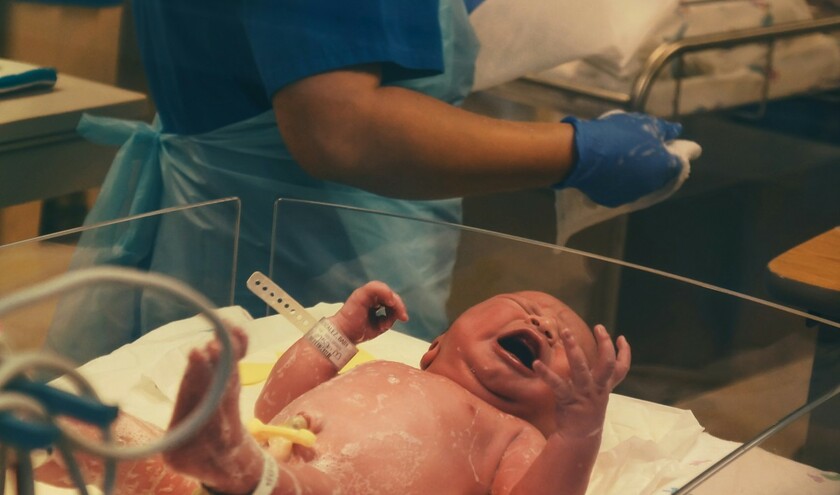The proposals would have effectively seen midwives having their on-call working hours extended, which would mean midwives being on call for an additional 18 days a year, according to the RCM.
Lynne Galvin, RCM's regional head for the North of England, said: ‘No midwife wants to take industrial action; it's not in their DNA and it's always a last resort. What's important now is that we can find a fair way forward for our members, they know what the barriers are to this on call working model so the trust really have to listen to them so we can find a fairer, safer on call model, that works not only for the midwives on call, but ensures the safety of care being delivered to women is not compromised.
‘The outcome of the ballot has certainly put us in a stronger negotiating position, but should these talks fail to reach a mutually agreed position, we still have a mandate to take industrial action up to February next year.'
In response, Melanie Johnson, executive director of nursing, midwifery and allied health professionals at the trust, said: ‘Talks around the implementation of an acute on-call rota continue. We will continue to involve our midwives in this vital change which is essential to improve safety in our service at times of pressure.
‘We all want to be in a good position to ensure the safety of our women and their families and provide the best of care.'



